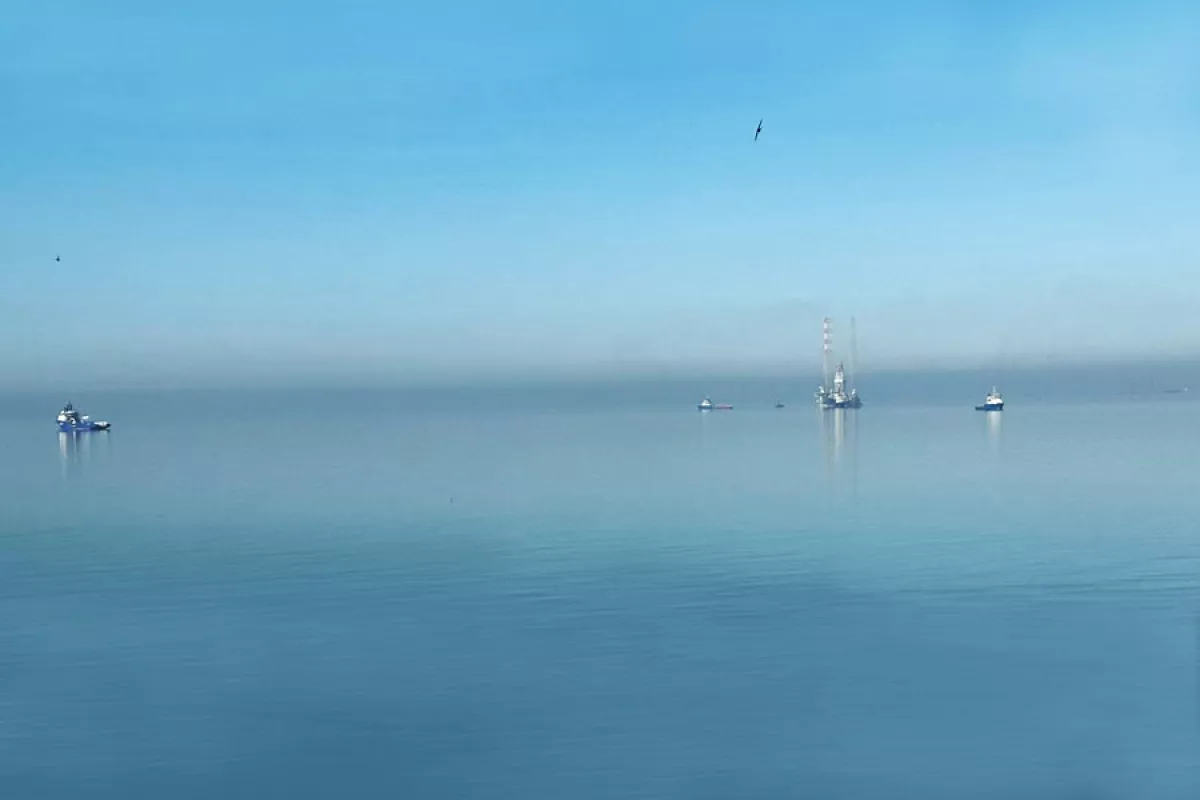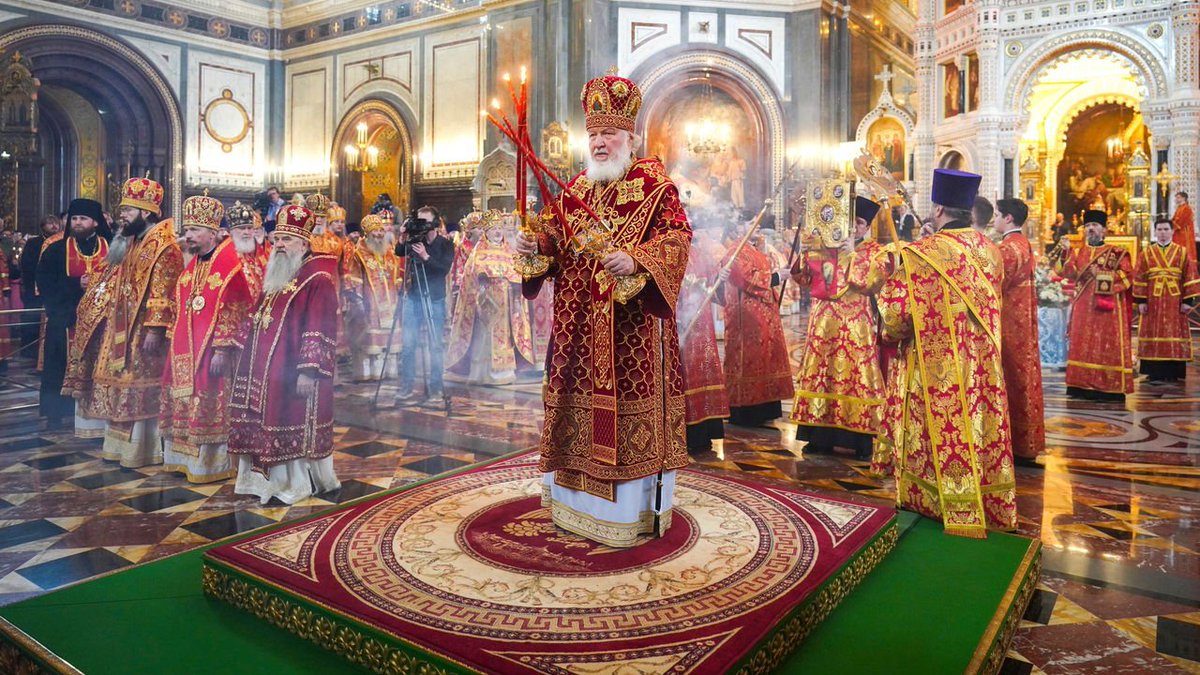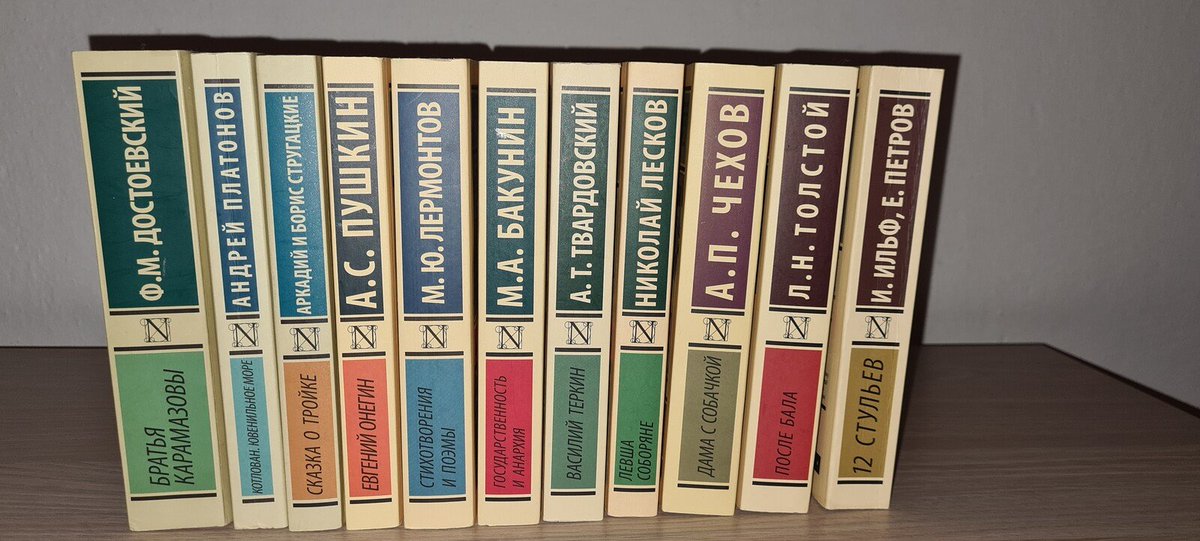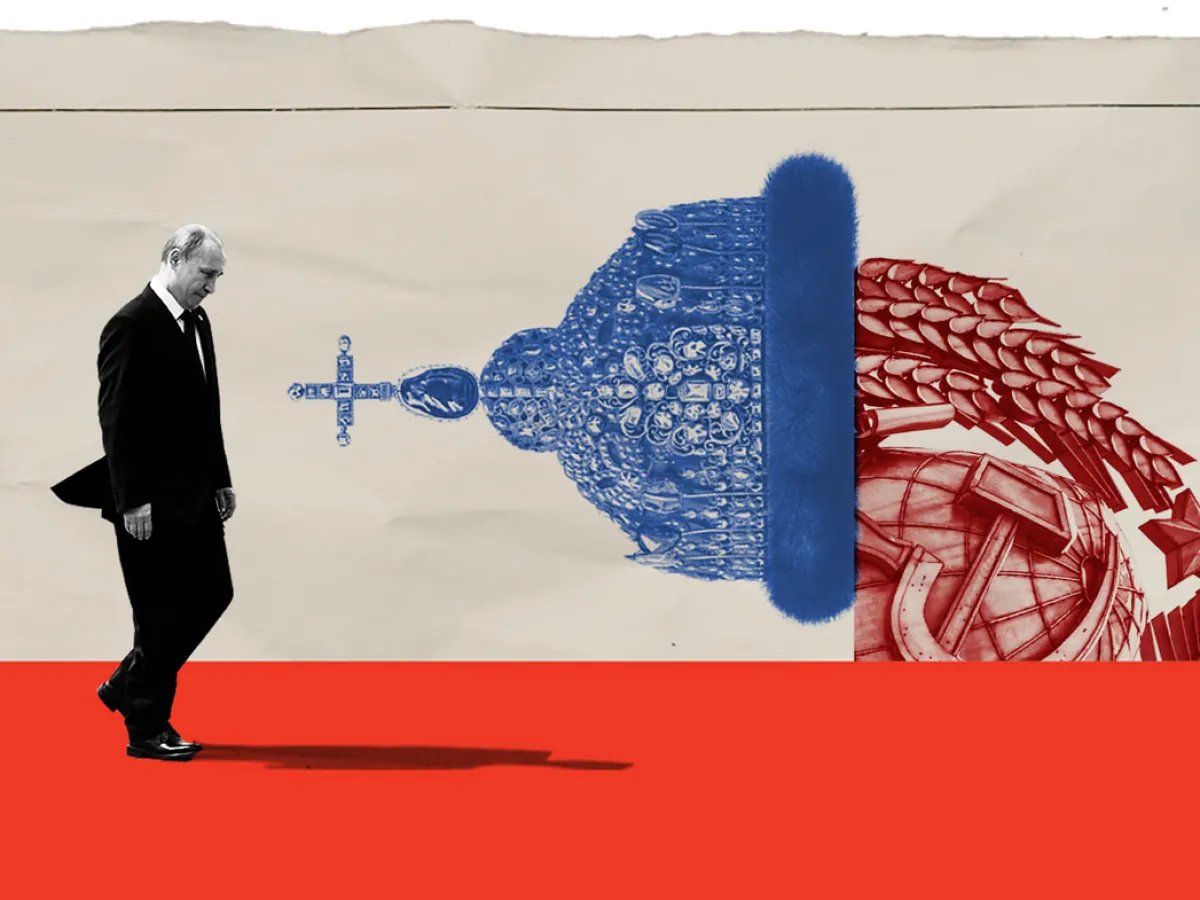The decline and fall of the Russian Culture: The Neo-Soviet Period. "This decline is characterized by shrinking spaces for free expression, international isolation, an exodus of talent, and the increasing instrumentalization of culture for political ends." - Gemini - AI Review - Articles and Tweets - 5:05 AM 5/26/2025
-
Russian Culture Under Pressure: A Multifaceted Examination of Decline
The assertion of a "decline and fall" of Russian culture is a potent one, reflecting deep anxieties and observable changes, particularly in the contemporary era. While a complete "fall" may be too definitive for a culture with such profound historical roots, evidence points to a significant and multifaceted decline in several key areas, largely driven by internal state policies and external geopolitical factors. This decline is characterized by shrinking spaces for free expression, international isolation, an exodus of talent, and the increasing instrumentalization of culture for political ends.
Historically, Russian culture has weathered numerous tumultuous periods, including the Time of Troubles, revolutionary upheavals, and the Soviet era's ideological constraints, often finding ways to adapt, resist, or flourish in unexpected ways. However, the post-Soviet decades, particularly since 2014 and intensifying after February 2022, have presented a distinct set of challenges.
State Control, Censorship, and the Erosion of Artistic Freedom:
A primary driver of the perceived decline is the Russian government's tightening grip on the cultural sphere.
- Restrictive Legislation: Laws concerning extremism, "fake news," "discrediting the armed forces," and the protection of religious sentiments have been broadly applied to censor artistic works, performances, and exhibitions that deviate from the official line or offer critical perspectives.
3 - Targeting of Dissenting Voices: Artists, writers, musicians, and theatre professionals who express opposition to government policies, particularly the war in Ukraine, have faced blacklisting, dismissal from state institutions, harassment, and even criminal prosecution. Many have been labeled "foreign agents" or "undesirables," severely curtailing their ability to work and exhibit within Russia.
- Funding Priorities: State funding for the arts, a crucial lifeline for many cultural institutions, is increasingly channeled towards projects that align with government ideology. This creates an environment of self-censorship, where artists may shy away from controversial or challenging themes to secure support and avoid repercussions.
4
The Exodus of Talent and "Brain Drain":
The oppressive atmosphere has triggered a significant "brain drain" from Russia's cultural sector. Numerous prominent and emerging artists, writers, musicians, filmmakers, and academics have left the country.
International Isolation and Cultural Boycotts:
The geopolitical climate has led to the widespread international boycott of Russian state-sponsored cultural events and institutions. Many Western cultural organizations have severed ties, and international collaborations have dwindled.
Impact Across Cultural Domains:
The effects of these pressures are visible across various cultural fields:
- Literature: While Russia's rich literary tradition continues, contemporary authors face a challenging environment.
8 Books by writers deemed critical of the state or touching on sensitive topics like LGBTQ+ rights have been removed from shelves or faced publication obstacles.9 - Cinema: The film industry has seen a notable shift towards state-funded patriotic blockbusters.
10 Independent cinema that explores complex social issues or offers critical perspectives faces significant hurdles in production and distribution.11 International film festival participation has also been impacted. - Theatre: Once a space for vibrant experimentation and social commentary, Russian theatre has seen prominent directors and playwrights dismissed or choosing exile.
12 Repertoires are increasingly scrutinized, and productions deemed controversial can be canceled. - Music: The popular music scene has been fractured. Many well-known rock and pop musicians who spoke out against the war have left Russia and seen their music effectively banned from mainstream airwaves and large venues within the country. Simultaneously, there has been a state-supported promotion of "patriotic" pop music.
13 However, some independent and niche genres continue to find audiences, often through online platforms.
Counter-Narratives and Resilience:
It is crucial to note that the Russian government and its supporters often present a different narrative, emphasizing cultural sovereignty, the rejection of allegedly decadent Western influences, and a renewed focus on authentic Russian traditions.
Furthermore, culture is not monolithic. Even amidst repression, pockets of independent creativity may persist, often in less visible forms or online.
Conclusion: Decline, Not Necessarily a "Fall"
While the term "fall" implies a complete and irreversible collapse, which is unlikely for a culture of such depth and historical resilience, the evidence strongly supports a narrative of significant decline in many crucial aspects of Russian cultural life. This decline is primarily characterized by the erosion of artistic freedom, the loss of diverse voices due to censorship and exodus, and increasing international isolation.
The current trajectory points towards a more insular and state-controlled cultural landscape within Russia, with a growing disconnect from global cultural currents. The long-term consequences of this period for the evolution and dynamism of Russian culture remain to be seen, but the immediate impact is a narrowing of creative possibilities and a silencing of many critical and independent perspectives. Whether this period will eventually be seen as a temporary downturn or a more fundamental shift will depend on future political and social developments.
-
Articles and Tweets - 5:05 AM 5/26/2025







Comments
Post a Comment